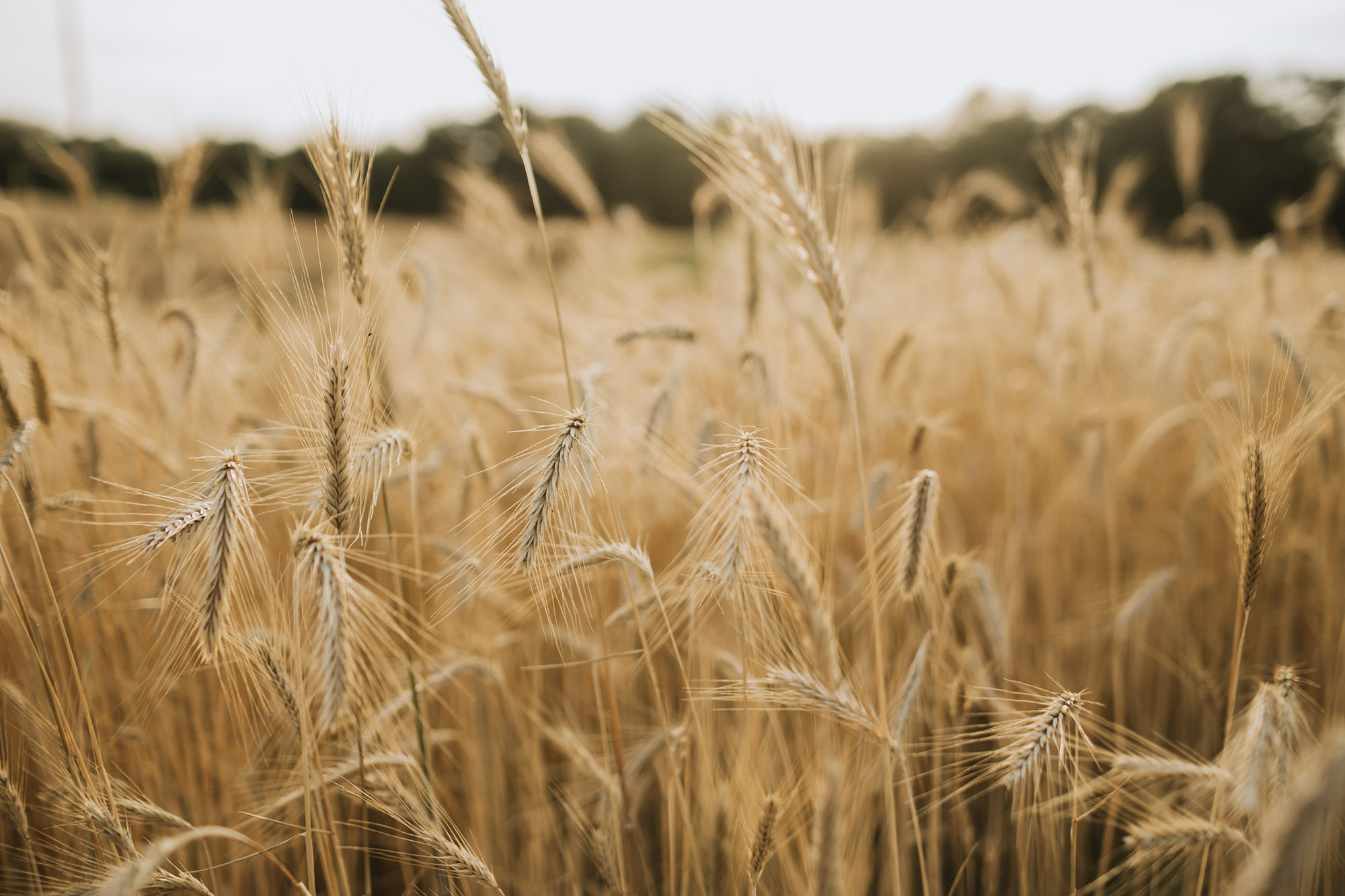
Companies who are looking to launch projects that will help them achieve scope 3 targets must ask many questions right out of the gate: What types of interventions should we focus on? What region do we start in first? Who are the right partners? How do we quantify the outcomes? And finally – Who is going to pay for this?
Certainly, alignment of upstream and downstream groups who share scope 3 emissions is a powerful tool for helping to spread out the cost of on the ground implementation of projects. But due to recent funding allocations from the Commodity Credit Corporation (CCC) and the Inflation Reduction Act (IRA), the United States Department of Agriculture (USDA) has emerged as another strong partner who can help to bring funds to the table to assist with farm and ranch level practice implementation.
The USDA has been a long-time proponent of conservation-based practices on farms and ranches around the country and has provided funding through a multitude of programs. Although most of these programs receive funding regularly through Farm Bill reauthorizations, additional funding was included in the IRA in August of 2022. The IRA appropriated approximately $19.5 billion in new funds for agriculture conservation efforts and – more than 25% of those funds were allocated to the Regional Conservation Partnership Program (RCPP), through which Alternative Funding Arrangement (AFA) cooperative agreements will help support place-based, farm-level interventions that can advance progress towards scope 3 targets.
RCPP is not the only mechanism that can be deployed for launching an on-the-ground project. Additional programs include:
> Conservation Innovation Grants (CIG) On Farm Trials on both the national and state level
> Conservation Implementation Strategy (CIS) funding pools in certain states, and
> RCPP Classic, which operates differently than the RCPP AFA listed above.
Your company’s goals, measurement and verification standards, budgets, and capacity are some of the items that should be considered when choosing a path forward in any of these funding opportunities.
Over the past three years, AgSpire has been involved with the design and submission for projects that have helped our partners leverage more than $250 million dollars of funding to support voluntary, incentive-based sustainability projects on farms and ranches throughout the country. Contact us to learn more about these programs and how to incorporate them into on-farm programs.
About the Authors
JARED KNOCK
VP, Business Development
As a Vice President of Business Development at AgSpire, a company he co-founded, Jared draws on his 25 years of on-the-ground experience to drive practical and natural solutions within agriculture.
Jared a farmer and rancher from Eastern South Dakota, with a diversified crop and livestock operation that focuses on cow calf production. His expertise has been further honed through his background in livestock genetics, seed sales, and business development. Jared has a degree in Animal Science from South Dakota State University and China Agricultural University in Beijing.
AUSTIN KNIGHT
Technical Advisor, Regenerative Agriculture Systems
Austin grew up helping on the family century farm and now operates that farm with his uncle raising hogs, corn, and soybeans. Austin has seen the effects of incorporating conservation practices on his own farm and uses those experiences to help others incorporate practices on their operations. Prior to joining AgSpire, Austin worked as a Sustainability Agronomist working with producers across the country helping bring value to their operations through sustainable practices.
Austin holds a bachelor’s degree in Agronomy from Iowa State University. He is also a Certified Crop Advisor (CCA).